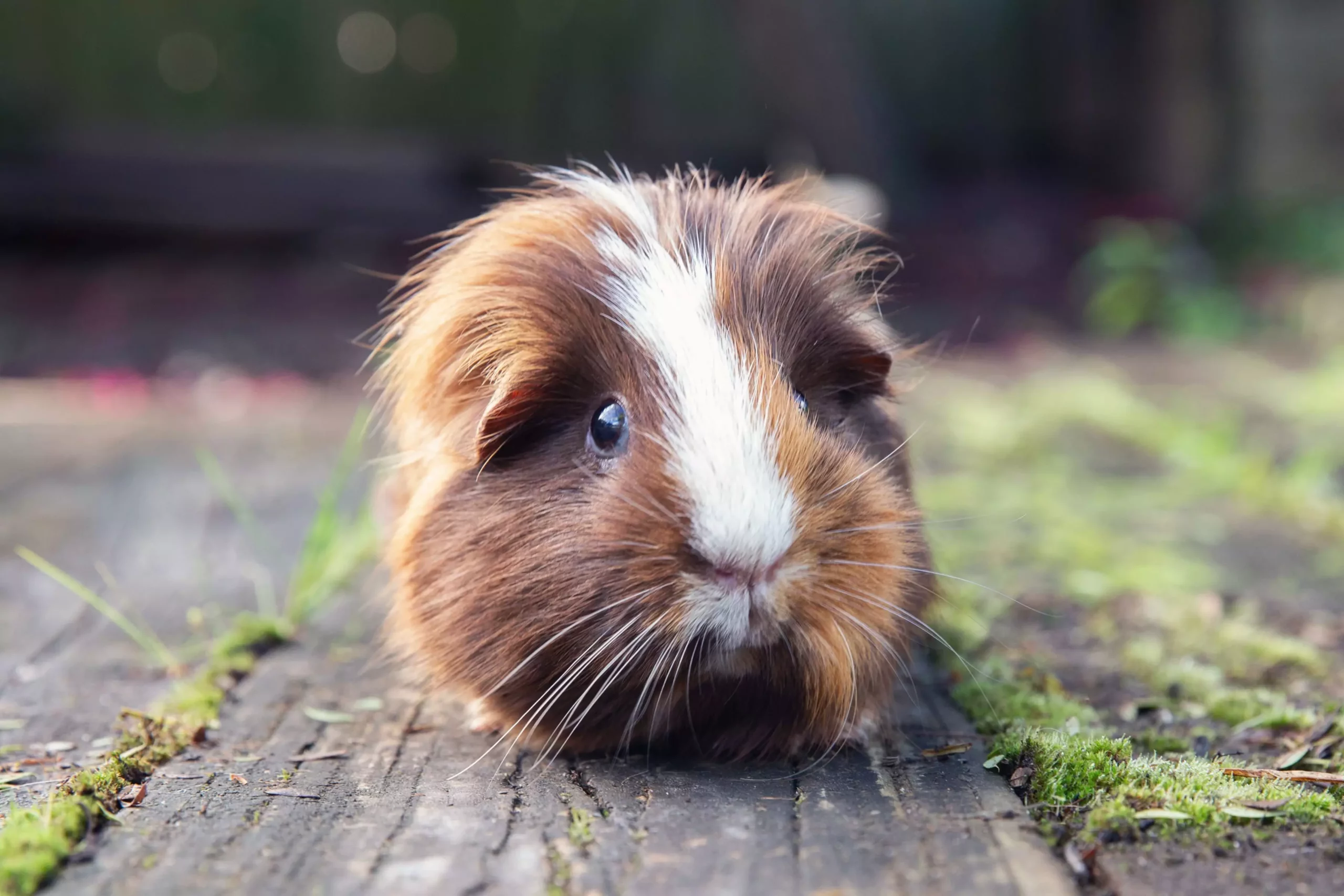Guinea pigs have become increasingly popular as household pets, attractive not only due to their endearing appearances and gentle temperaments but also because of their sociable nature. However, owning one requires a commitment to their care and well-being. This article seeks to inform prospective guinea pig owners about the essential aspects of caring for these furry companions.
Life Expectancy and Commitment
The typical lifespan of a guinea pig ranges from 5 to 7 years, although with attentive care, some have been known to live longer. This timeframe, while shorter than that of dogs or cats, should not lead prospective owners to underestimate the responsibility associated with guinea pig ownership. Given their longevity, owners must be prepared to commit time and resources to care for their pets throughout their lives. This involves daily attention, proper nutrition, and maintaining a clean living environment to ensure their health and happiness.
The Importance of Companionship
Guinea pigs are inherently social creatures. They thrive in pairs or small groups and often feel most secure when they are not alone. Keeping two guinea pigs of the same gender can prevent unplanned litters and help create a harmonious living environment. Male and female guinea pigs can cohabitate but should be sterilized to avoid unwanted offspring. When introducing guinea pigs, it’s best to pair them when they are young, as they generally bond faster during this stage. However, older or adult guinea pigs can be introduced with a slow and careful approach, allowing their personalities to mesh gradually.
Housing and Space Requirements
Although marketed as “guinea pig cages,” many conventional models lack adequate space for two or more guinea pigs. A larger habitat is crucial for their physical and mental well-being. Many owners find that constructing their own cages offers a better solution, allowing for customization that meets their pets’ needs. This adaptable option can create a safe and stimulating environment that enhances the guinea pigs’ quality of life. Regular cleaning of the habitat is essential, with owners advised to remove waste daily and perform thorough cleanings weekly to maintain hygiene.
Nutritional Needs
Feeding your guinea pig an appropriate diet is vital for their overall health. Since guinea pigs cannot produce their own vitamin C, it is important to provide them with fresh vegetables and high-quality hay, along with supplements if necessary. Avoid relying solely on vitamin C-infused drinking water, as it often loses potency quickly and may lead to deficiencies. Fresh fruits and vegetables should be introduced gradually to monitor for any adverse reactions.
Understanding Vocalization
Surprisingly vocal animals, guinea pigs communicate through a series of distinct sounds. For example, they may wheek excitedly when anticipating a treat or purr when they feel content. However, it’s crucial for pet owners to be attuned to the context of these vocalizations; a guinea pig squeaking when scared or hissing in annoyance could indicate stress. Trial and error in managing their interactions can help owners gauge their guinea pigs’ moods and needs.
Active for up to 20 hours a day, guinea pigs require ample opportunity to exercise and explore. While they do not use exercise wheels like other small animals, they enjoy roaming freely in supervised environments outside of their cages. Enrichment can come from tunnels, hideouts, and safe toys that stimulate their curiosity and intelligence. Without regular opportunities for play and exploration, guinea pigs can become bored or stressed, leading to behavioral issues.
Grooming is an important aspect of guinea pig care. Most guinea pigs manage their own grooming, but regular brushing is necessary to prevent matting, especially in long-haired breeds. Should your guinea pig require a bath, use specialized products meant for their sensitive skin, and ensure the environment is warm to avoid drafts post-bath. Though not frequently needed, proper grooming contributes significantly to their overall health and cleanliness.
Potential Health Issues
Like all pets, guinea pigs can face health challenges. Common issues include dental disease, scurvy, and skin infections. A diet high in fiber and a safe, clean living environment can help mitigate many potential health problems. Routine veterinary check-ups can further ensure your guinea pig remains healthy and detect any issues early.
Choosing to adopt a guinea pig can lead to a fulfilling and enjoyable companionship. By meeting their needs—social, dietary, and environmental—owners can foster a loving and enriching atmosphere. For those willing to commit to the necessary care, guinea pigs can provide years of joy and companionship, becoming beloved members of the family. Always consider adopting from local shelters, as many guinea pigs are in need of loving homes and can offer just as much affection and companionship as those purchased from breeders.

